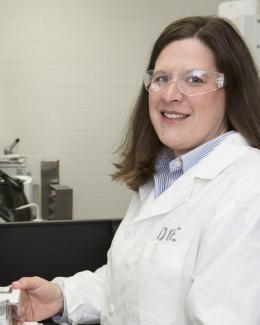Abstract
Background: Metabolic engineering is a commonly used approach to develop organisms for an industrial function, but engineering aimed at improving one phenotype can negatively impact other phenotypes. This lack of robustness can prove problematic. Cellulolytic bacterium Clostridium thermocellum is able to rapidly ferment cellulose to ethanol and other products. Recently, genes involved in H2 production, including the hydrogenase maturase hydG, were deleted from the chromosome of C. thermocellum. While ethanol yield increased, the growth rate decreased substantially compared to wild type.
Results:
Addition of 5 mM acetate to the growth medium improved the growth rate in C. thermocellum ∆hydG, whereas wild type remained unaffected. Transcriptomic analysis of the wild type showed essentially no response to the addition of acetate. However, in C. thermocellum ΔhydG, 204 and 56 genes were significantly differentially regulated relative to wild type in the absence and presence of acetate, respectively. Genes Clo1313_0108-0125, which are predicted to encode a sulfate transport system and sulfate assimilatory pathway, were drastically up-regulated in C. thermocellum ΔhydG in presence of added acetate. A similar pattern was seen with proteomics. Further physiological characterization demonstrated an increase in sulfide synthesis and elimination of cysteine consumption in C. thermocellum ΔhydG.
Conclusions:
Sulfur metabolism is perturbed in C. thermocellum ΔhydG, possibly to increase flux through sulfate reduction to act as an electron sink to balance redox reactions.




